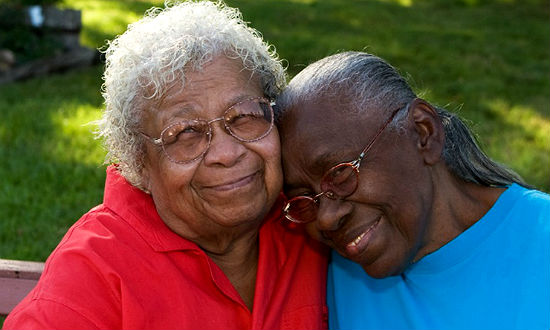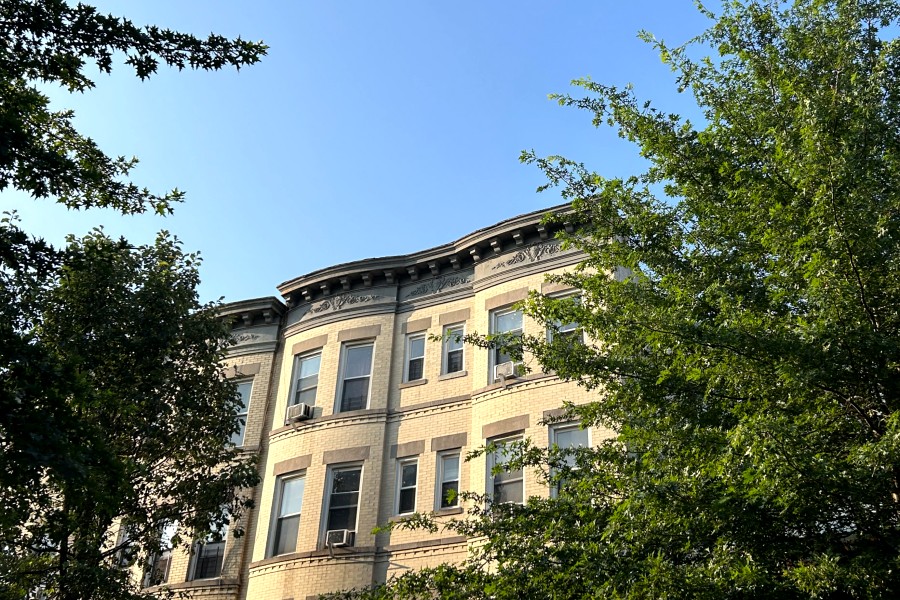 Many families have deep roots in New York City. They might have multiple generations that have lived in the city over the decades. Since NYC offers so much, many individuals grow up there and never leave.
Many families have deep roots in New York City. They might have multiple generations that have lived in the city over the decades. Since NYC offers so much, many individuals grow up there and never leave.
They have everything they need, including strong family ties that last throughout their lives.
As NYC residents get older, though, they may face certain challenges. Everybody does unless they remain entirely healthy till the very end. That doesn’t often happen, as health concerns are more likely the older one gets.
How can a New York family help an older relative? Let’s look at four possible ways to do it.
Nursing Homes or Assisted Living Facilities
One possibility is putting an older relative in a New York assisted living facility or nursing home. There are plenty of them, not just within the five boroughs but outside of them. There are some excellent ones:
- On Long Island
- In nearby New Jersey
This option might emerge if you have an older New York resident who is no longer as healthy as they once were. A family can talk to them about where they want to go. They can take the individual to the top facilities and have them look around and form an opinion, assuming they do not have diminished mental capacity.
The one thing New York families need to watch out for is that the facility has an excellent reputation and caring staff. The National Council on Aging says that there could be as many as five million elder abuse cases in the US every year. That’s the last thing you want for your beloved older relatives.
One way you can counteract this is to do some facility research beforehand, and then to check on your older relative often once you’ve found an appropriate NYC assisted living facility or nursing home for them. Abuse and neglect occur most often when the family stops paying attention.
Your Older Relative Might Move in with You
Some New York families consider having an older relative move in with them. Let’s say you have your grandparents living in NYC. Maybe they have lived there their whole lives. If your grandmother dies, but your grandfather is still alive, you probably don’t want him living in a house or apartment all by himself anymore.
If you move him into your household:
- You can make sure he gets his medication and has nutritious food to eat
- It shows him you still love him and care about what happens to him
When elderly individuals live alone, there are the issues of them eating healthy foods, bathing themselves, having a clean living space, etc. However, there’s also the question of whether they might get lonely or not.
There’s no harm in being alone sometimes, but hardly anyone likes being by themselves in their older adulthood when a spouse or partner has died. It’s so much better to be with family members, especially younger ones, who can help take care of you.
Talk to your relative if you feel that taking them in is possible. Ask them if it’s something they want, and tell them you’d be happy to do it. If you love them, it makes sense to at least consider it because of the familial bond you share.
Get Them a Live-In Nurse or Home Health Aide
If your older relative needs constant or near-constant care, you might also get them a live-in nurse if you can’t move them into your home with you. You can find a trained live-in nurse who can stay with your older relative and feed them, bathe them, give them their medication, clean up the house, etc.
The real issue is whether your older relative has the money to afford a live-in nurse. Some older adults have money saved up because they had a high-paying job and invested wisely. Others might not have ever been able to do that.
If you have the money, you might help them pay for a live-in nurse. A home health aide is another possibility.
Home health aides are similar to live-in nurses, but they don’t stay there the whole time. They might come by several times each week to check in on your older relative if they have diminished capacity but can still care for themselves to some extent. This can be a suitable middle ground between completely independent living and having a live-in nurse.
You Can Check in on Them Often
One more thing you might decide to do is to have your older relative keep living on their own, but you can check in on them frequently. You might try doing this if your older relative can still care for themselves relatively well, but they don’t want to either move into a nursing home or live with you and your family.
Ultimately, unless your older relative has reduced mental capacity, they are the ones who decide how and where they want to live. You might not think them continuing to live on their own is a great idea, but if that’s how they want it, you cannot force them. The only way is to get power of attorney over them, and that will probably infuriate them.
They can keep living on their own, and you might come over a couple of times per week to see how they’re doing. You can at least help them out by picking up their medication and dropping it off, or you can go on grocery runs for them. That might keep them happy while you still feel like you’re watching out for them.
An older NYC resident might feel fiercely independent. They may have lived in the city their whole life, and they don’t want to feel helpless, even in their later life stages.
You should talk to your older relative and figure out how they can keep their dignity yet remain safe, well-fed, medicated, and so forth. If you love them, you owe this to them.
Become a Harlem Insider!
By submitting this form, you are consenting to receive marketing emails from: . You can revoke your consent to receive emails at any time by using the SafeUnsubscribe® link, found at the bottom of every email. Emails are serviced by Constant Contact








